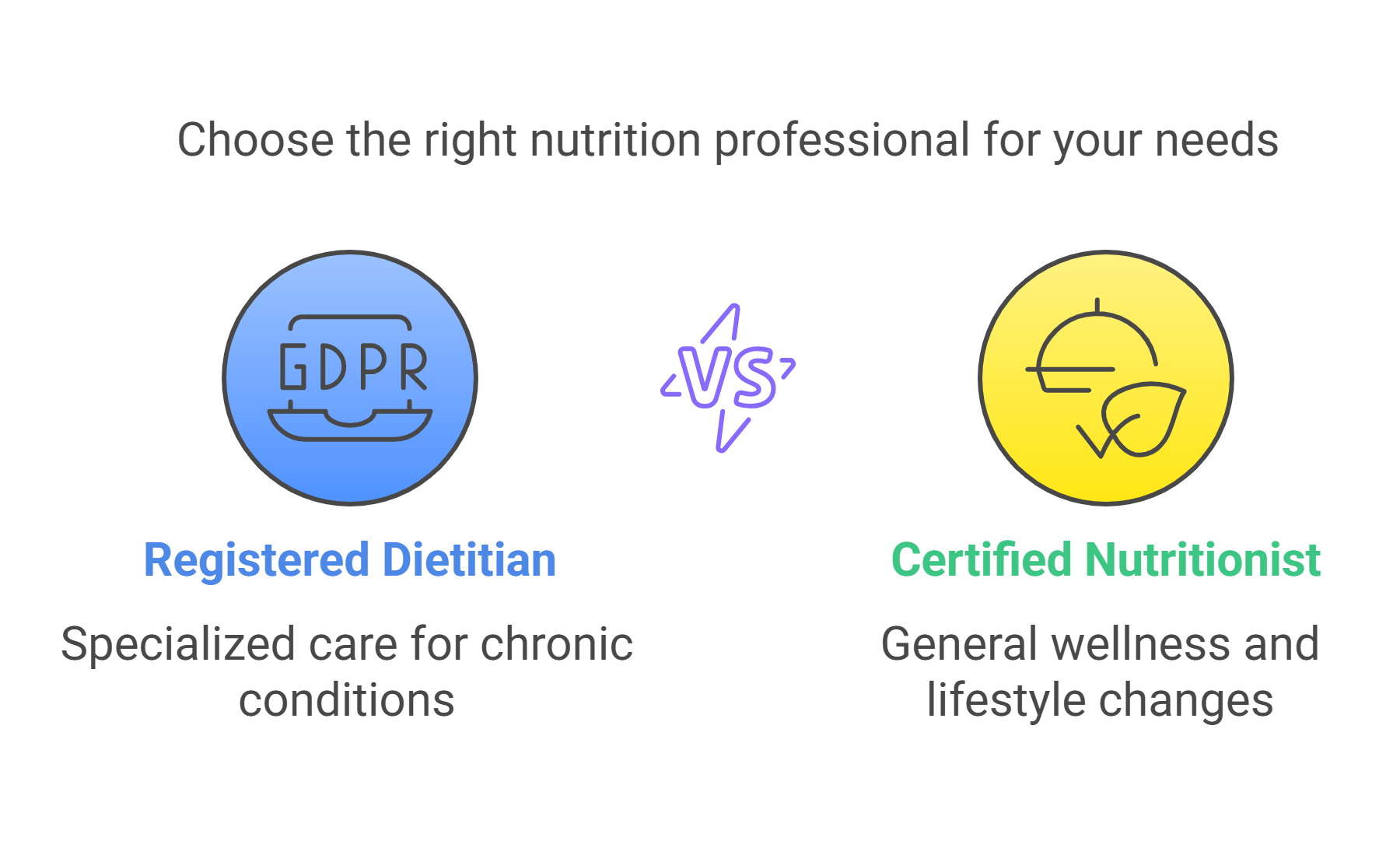
Understanding Nutrition Choices: Certified Nutritionists vs. Registered Dietitians
In the ever-evolving landscape of health and wellness, individuals seeking guidance often stumble upon the terms "Certified Nutritionist" and "Registered Dietitian". While both roles aim to improve nutrition and health outcomes, they differ significantly in training, responsibilities, and certifications. This can lead to confusion for health-conscious adults who prioritize optimal wellness. So, what should you consider when choosing between the two?
What Sets Registered Dietitians Apart?
Registered Dietitians (RDs) are highly trained professionals who have completed a bachelor's degree in nutrition or a related field, alongside a supervised practice program and national registration examination. Their extensive education allows them to provide detailed medical nutrition therapy, work in clinical settings, and develop nutrition strategies tailored for various health conditions.
The Role of Certified Nutritionists
On the other hand, Certified Nutritionists may have varying levels of education and certification, often focusing on wellness and nutrition rather than clinical settings. They can provide advice on general nutrition practices and lifestyle adjustments. However, because their qualifications can differ significantly, it’s essential to research the specific credentials and expertise of a certified nutritionist before seeking their advice.
Making Informed Choices: Consider Your Health Needs
Your choice between a Registered Dietitian and a Certified Nutritionist largely depends on your personal health needs. If you're managing chronic conditions such as diabetes or cardiovascular diseases, seeking an RD would be prudent due to their specialized knowledge. For general wellness tips and healthy lifestyle changes, a Certified Nutritionist might be sufficient.

Future Insights: The Growing Importance of Nutrition Professionals
The increasing prevalence of lifestyle-related diseases highlights the importance of nutrition professionals in today's health landscape. With growing awareness around diet’s role in overall health, qualified nutritionists and dietitians are more important than ever. As a result, demand for both RDs and certified nutritionists is expected to rise, leading to enhanced career opportunities in this field.
Actionable Takeaways for Improving Your Nutrition
Regardless of whom you choose as your nutrition guide, consider the following actionable strategies:
Consult a Professional: Always verify qualifications and evaluate aligned specialties based on your health goals.
Stay Informed: Regularly educate yourself about nutrition and wellness trends to engage in meaningful conversations with your nutrition professional.
Be Transparent: Share your dietary preferences, health history, and concerns with your nutritionist or dietitian for tailored advice.
The Emotional Connection to Nutrition
Adopting a nutritious lifestyle isn't just about food; it’s about building a healthier relationship with yourself. By understanding whether a Certified Nutritionist or a Registered Dietitian suits your needs better, you take proactive steps to enhance your overall wellness journey. Remember, nutrition is profoundly personal and can impact your mental and emotional well-being as much as it affects your physical health.
Conclusion: The Path to Healthier Living Begins with Knowledge
By understanding the distinctions between Certified Nutritionists and Registered Dietitians, you're better equipped to make informed decisions about your health. This knowledge empowers you to seek the right professional who can guide you on your unique wellness journey to achieve your health goals. Ready to transform your life through expert nutritional guidance? Start by exploring certified programs that fit your aspirations. Take the first step towards your dream career today!
 Add Row
Add Row  Add
Add 




 Add Row
Add Row  Add
Add 

Write A Comment